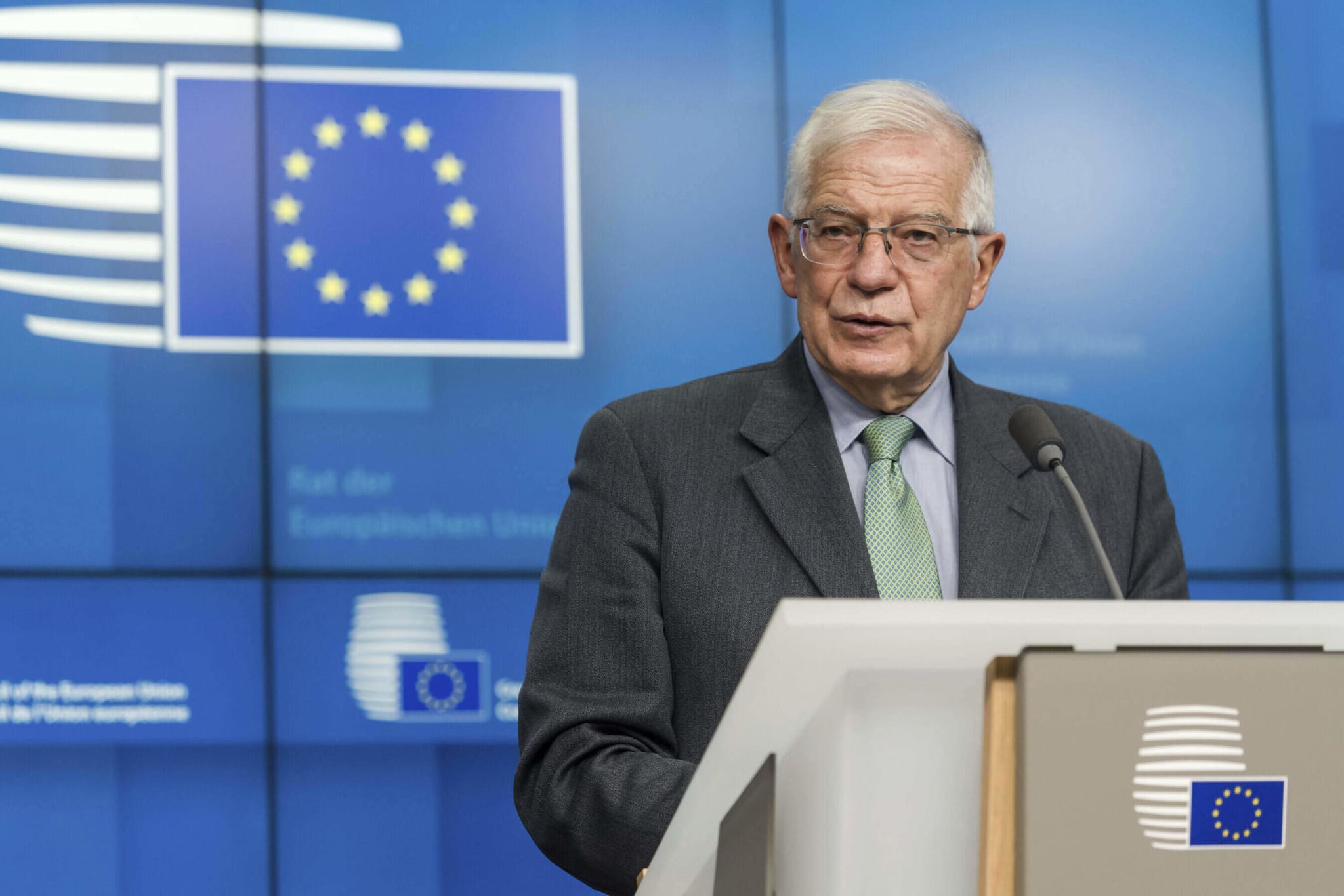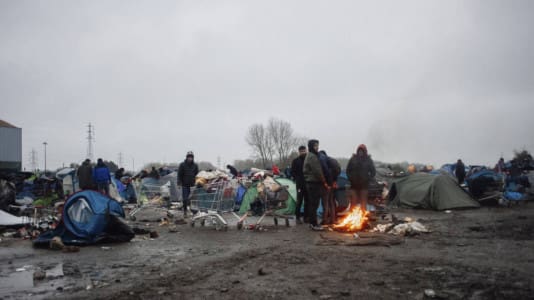The European Union is gradually bringing the flow of migrants to Belarus under control, the EU’s foreign policy chief Josep Borrell told reporters ahead of the Monday meeting of EU foreign ministers.
According to Borrell, new sanctions against Belarus, which ministers approved later that day, will be an effective tool for reducing hybrid attacks from Minsk. Brussels will also continue to work with countries from which the migrants come and through which they travel. However, the EU must also provide humanitarian aid to people stranded at the border, Borrell added.
“I think that from my point of view, the inflow of human beings is becoming under control,” Borrell said, stressing that the EU was successfully persuading Turkey, Iraq, and other Middle Eastern countries to block people’s one-way trips to Belarus.
Borrell also confirmed that he spoke to the Belarusian foreign minister over the weekend about the unsustainability of the border situation and the need to provide humanitarian aid to thousands of people. The EU’s foreign policy chief said that the joint response of the European bloc would be the fifth package of sanctions, which will also affect companies and institutions involved in the transport of migrants. Among them will be the Belavia airline, which has been banned from traveling to the EU countries since this summer and will lose the opportunity to rent aircraft from EU companies as part of new sanctions. A hotel in Minsk and other companies associated with the transport and accommodation of migrants heading to the Belarusian border are also on the list.
Among the 30 officials or entities are also large state-owned steel and oil companies, which have been involved in suppressing opposition protests over which the Lukashenko government faced previous sanctions.





